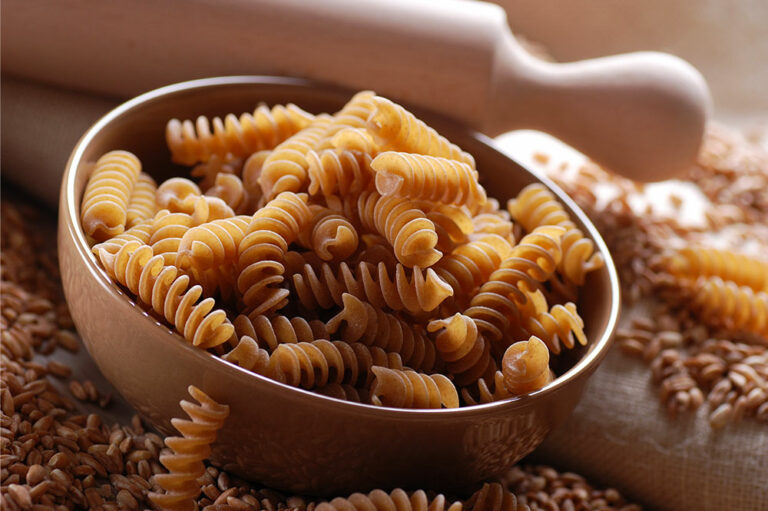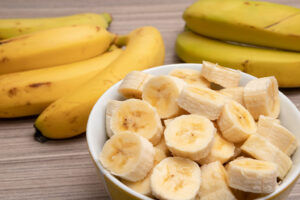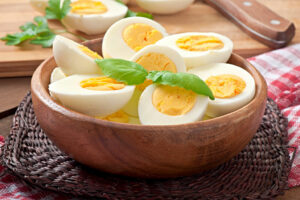
Managing eosinophilic esophagitis – Foods to avoid and eat
Eosinophilic esophagitis (EoE) is an immune system disorder recognized as a major source of issues in the digestive system. EoE develops when stomach acid backs up into the esophagus, causing injury to the sensitive esophageal tissues. Certain foods are known to aggravate the condition. Its management consists of removing triggers from one’s daily routine and gradually reintroducing them to identify the cause. Here are foods that aggravate EoE and those that relieve it: What is eosinophilic esophagitis? The esophagus is a tube that connects the mouth to the stomach. Eosinophilic esophagitis or EoE is a medical condition where the immune system overreacts to allergens and triggers like unsuitable foods. This reaction causes acidic reflux and leads to the build-up of white blood cells in the lining of the esophagus. The buildup inflames the tissues and stops the organ from functioning optimally. Those with EoE may experience common symptoms like difficulty swallowing, vomiting, stomach pain, heartburn or chest pain, and a burning sensation in the throat. Hampered growth is a common symptom in kids who may be slow in gaining healthy mass. Foods to avoid Wheat products People with eosinophilic esophagitis should avoid wheat products like bread, noodles, muffins, crumpets, pasta, cakes, cereal bars, pastries, and crackers.
Read More 



